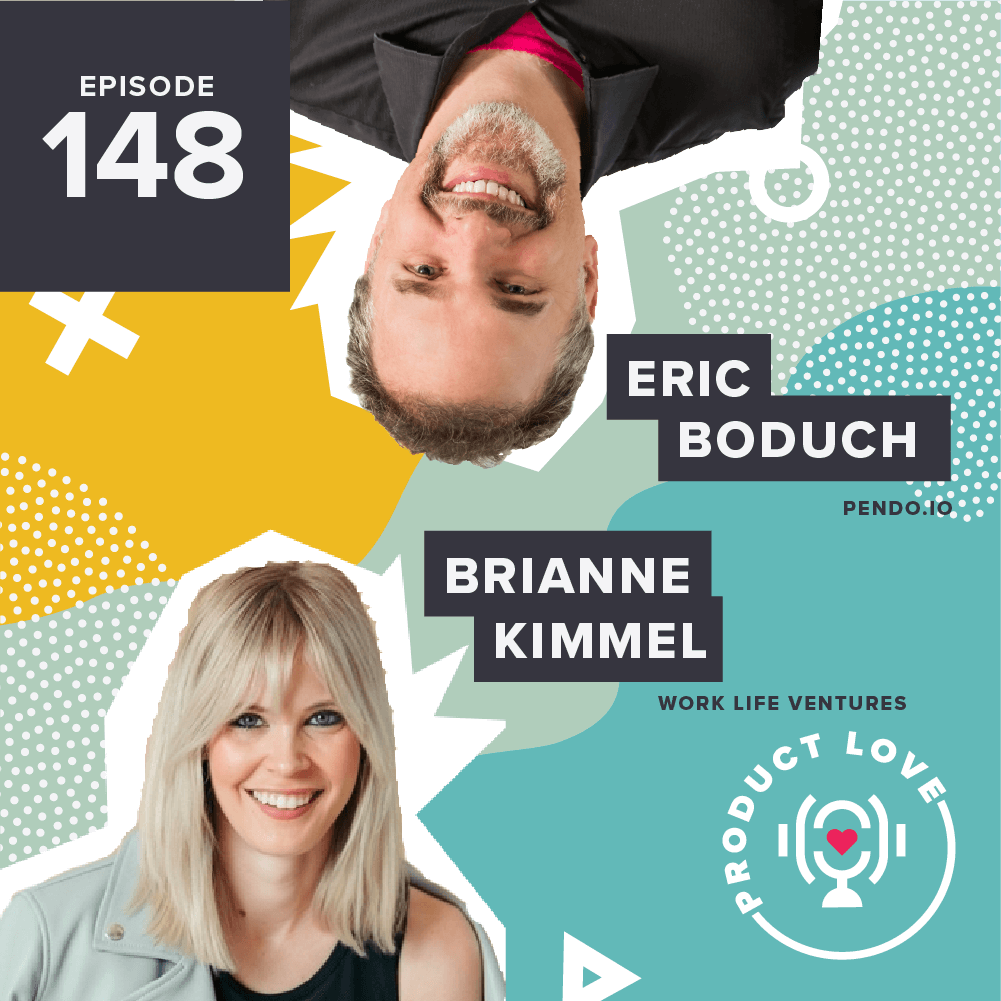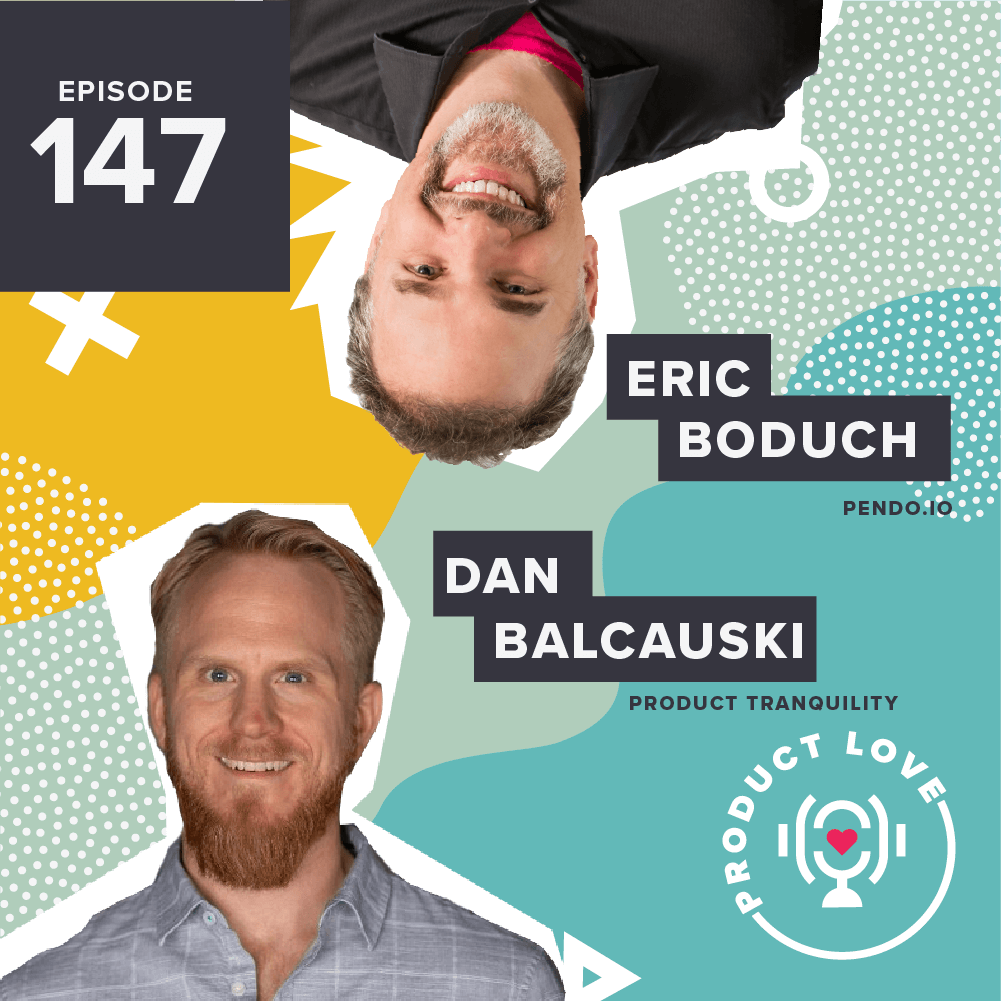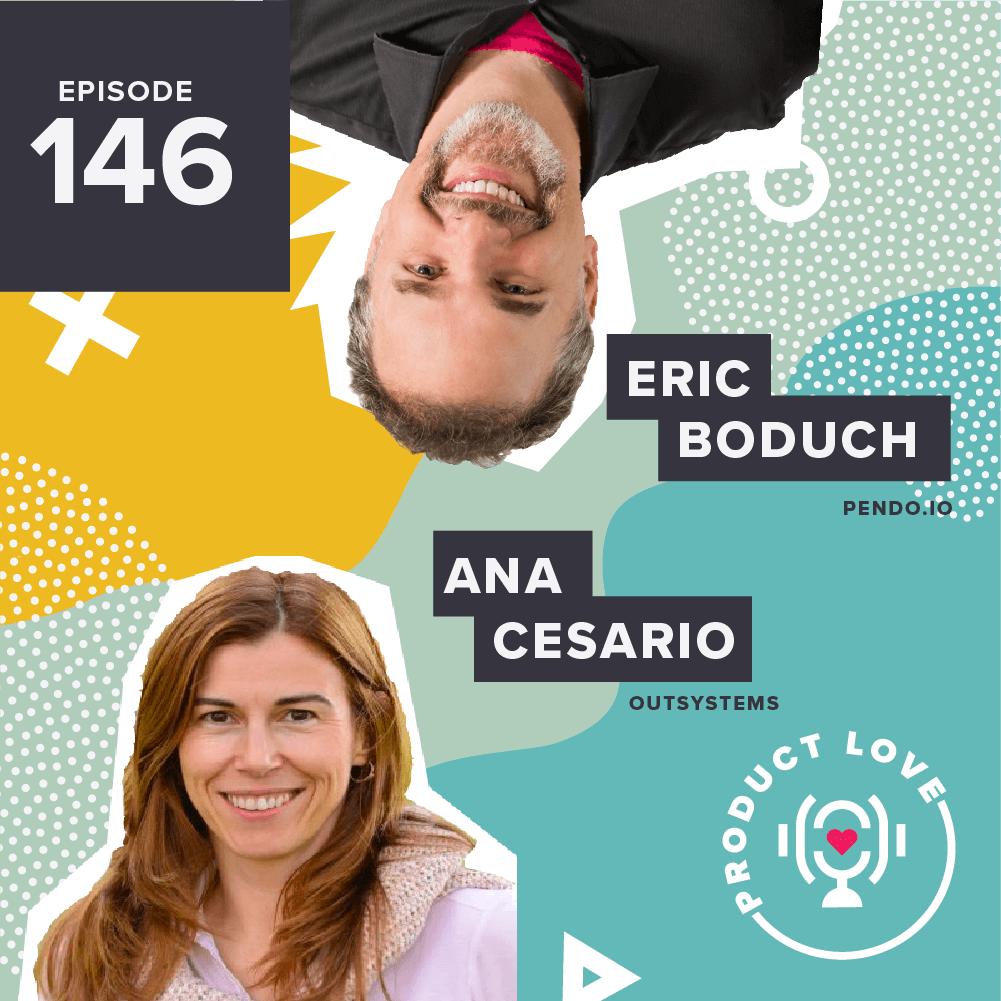Product Love Podcast: Jeff Coyle, Chief Product Officer and Co-Founder of MarketMuse
This week on Product Love I sat down and talked to Jeff Coyle, the chief product officer and co-founder of MarketMuse, a platform that uses AI technology to accelerate content planning, creation, and optimization.
Our conversation raises a lot of great questions about what we consider important when it comes to interacting with our customers. Do we think data or experience matters more when it comes to making decisions? Do we focus too much on customer happiness over success?
Jeff weaves in a customer success perspective with product management, enabling us to understand our customers at a higher level. In this week’s episode, we discussed the importance of humanizing our customers, customer happiness, and unbiased feedback.
Humanize Your Customers
When we look at our customers as account, and not individual participants, it’s easy to get mixed up in an endless cycle of feedback and data; we might lose the empathy and context that helps us do our job as product managers. In order to receive actually useful and actionable feedback, you need a strong customer success perspective. Customers are not just accounts that use your technology, they’re humans who have problems, and have liabilities in their own job. They have their own roles on their teams, and so your product is there to assist them to achieve success.
Product managers can work more intentionally when they understand their customer’s problems. Jeff says to look beyond the persona and name each individual user. Think of them as a whole individual from their company who is trying to tackle a specific problem. Where do you come in as the solution, and how?
Customer Happiness, and Success
We have the tendency to think a lot about customer happiness and strategize on how to create that. But how does one go about tracking happiness? We might think it’s measurable when we track engagement metrics, but tracking happiness has two parts. The second part (after engagement) is how willing users they to even converse with you on the phone. Are they attending your webinars? Are they willing to be your product’s champions?
Jeff points out that there’s no way that you can always ensure customer happiness or accurately track that. Instead, it might be best to prioritize their success as a customer, i.e. how your product makes their job better.
Unbiased Feedback
There are lots of ways for feedback to get skewed. When we ask for feedback from customers, we have to consider how we’re asking them. Often times, overcomplicated forms can deter people from answering questions, or the length of the surveys can make providing feedback tedious for people. Jeff tries to offer multiple ways for users to provide feedback: he allows them to send a video instead of filling out a form, because he understands writing the words out might be more difficult for people to express themselves. It’s important to make it as easy as possible to provide input.
When providing feedback, though, a lot of us tend to think through a historical lens. We bring up our past work experiences and try to rationalize our feedback with, “Well, this is how my previous company did it…” which might not always be as helpful as we think it is. Jeff asks us to think clearly about the source of our feedback: how are managing these comments? How are we prioritizing them? When are we listening to that feedback? Is it after a bad meeting? Any little detail can skew how we listen and interpret feedback.
Check out this week’s episode to learn more about how to gather feedback as a product manager, and how to ensure our data isn’t biased. Listen and subscribe to iTunes:


